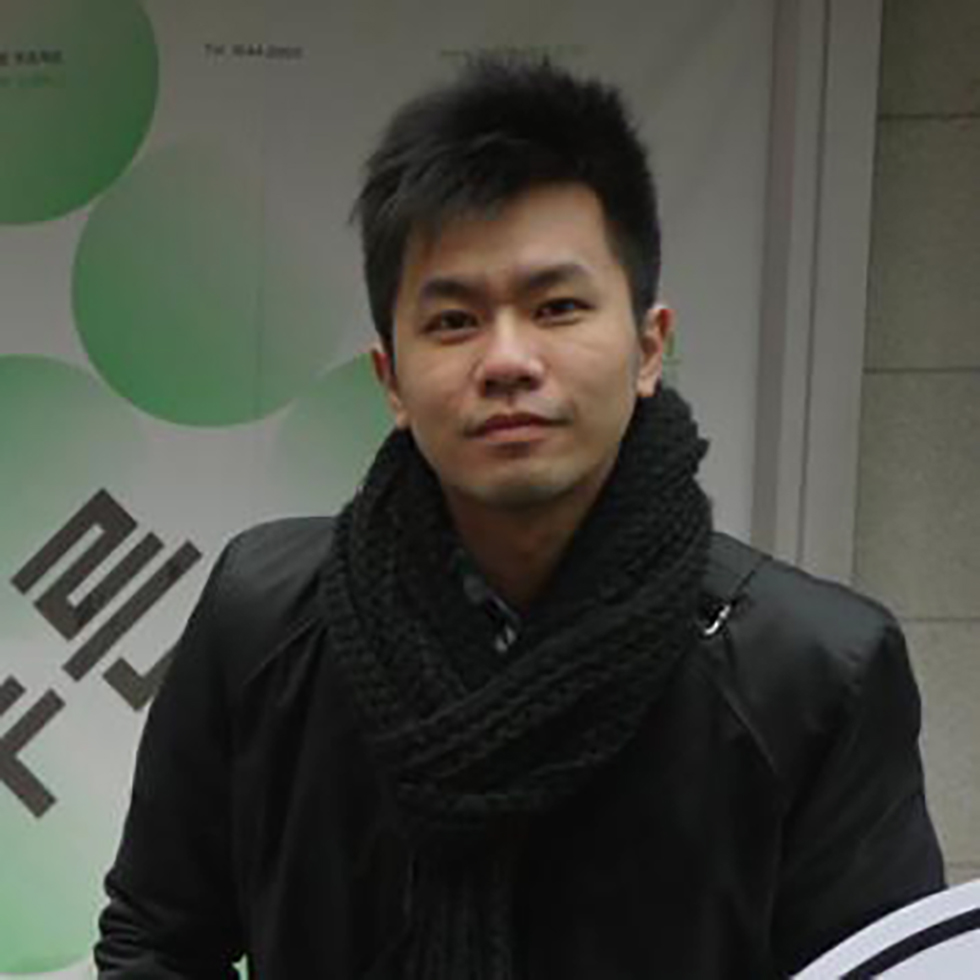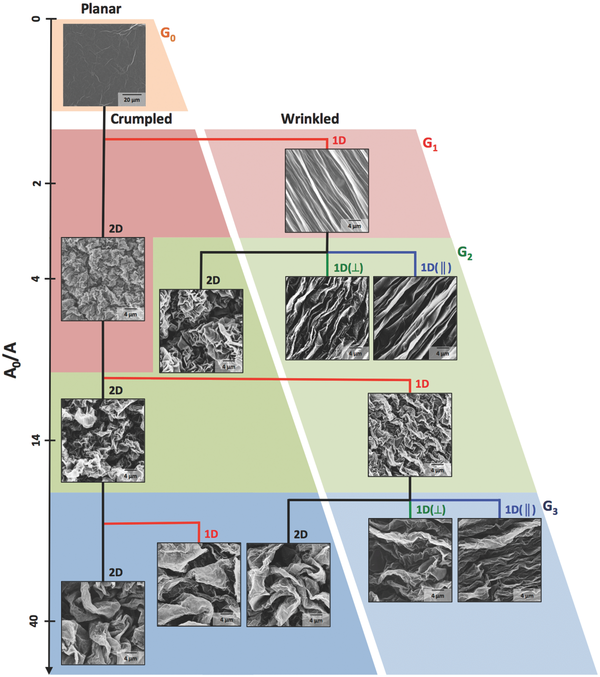
“The fellowship gives me much freedom to investigate the research topics I am interested in and helps me develop my future academic career.”
A gift from Brown engineering Ph.D. alumnus David Hibbitt and his wife Susan Hibbitt, Brown's School of Engineering has launched a new fellows program for outstanding postdoctoral scholars.
"The Hibbitt Fellows is a special opportunity to really advance our research program and bring the best emerging researchers and educators into our engineering community," said Larry Larson, Sorensen Family Dean of Engineering. "We are drawing from a pool of the best young scholars out there who will go on to excellent careers in academia."
That means not only preparing them to be top-flight researchers, but also providing opportunities for them to develop and teach their own classes, which is something many postdocs do not get the opportunity to do.
"The intention is that after their time at Brown these fellows will go on to be future academic leaders," Larson said. "We want to train them so that they're very competitive for top faculty positions."
One of the key aspects of the program is that it is designed to offer postdocs the freedom to pursue research across disciplines. That is fitting for Brown's School of Engineering, which has no formal disciplinary boundaries separating research groups.
"Some of the most innovative research out there doesn't belong neatly in one discipline," said Jennifer Casasanto, associate dean of engineering for programs and planning. "We want the Hibbitt fellows to be able to go wherever their research takes them."
Po-Yen Chen's research on wrinkled graphene structures is an example of that cross-disciplinary approach. He worked with two different lab groups—Ian Wong's lab, which focuses mainly on bioengineering, and Robert Hurt's lab, which focuses on materials science.
"The Hibbitt engineering fellowship provides me a great opportunity to conduct independent and collaborative research with Brown faculty members in different research fields," Chen said. "The fellowship gives me much freedom to investigate the research topics I am interested in and helps me develop my future academic career."
The program launched in January 2015 and the first three Hibbitt fellows began working last summer. Joining Chen in the inaugural class are Jiaoyan (Jenni) Li, who uses computer simulations to study multi-function nanomaterials, and Roya Shebani, who studies biomedical microsystems and implantable drug delivery devices.
The next round of fellows will arrive next year. The program is structured to add two fellows every two years for a decade. But there's flexibility to bring in more or fewer depending upon the applicant pool.
"It's a really exciting program for us," Larson said. "We're looking forward to seeing what these fellows can accomplish while they're here and what they'll go on to accomplish as they move forward with their careers."
- by Kevin Stacey
